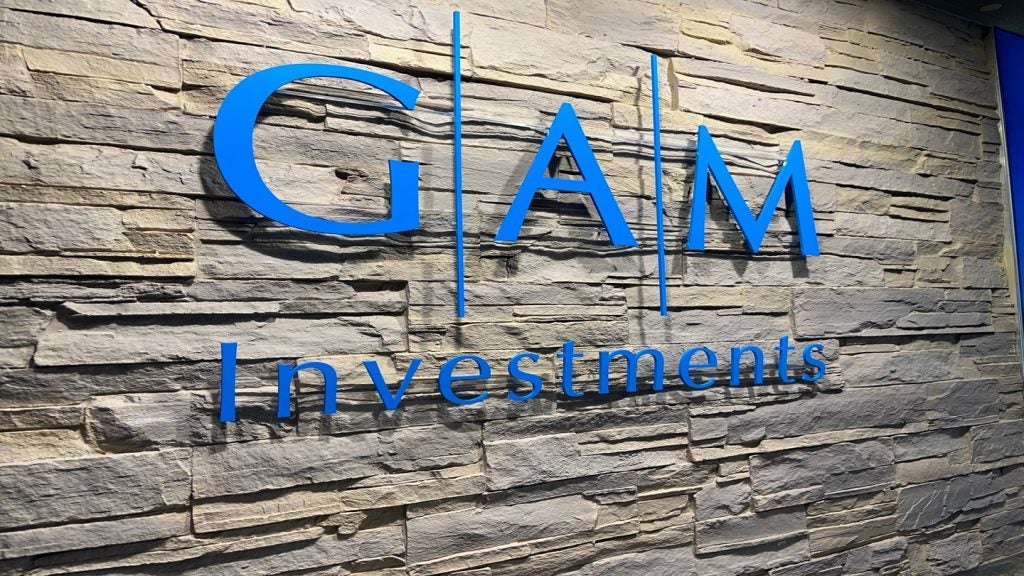Private banks have much to offer clients when it comes to networking opportunities. And despite the possibilities offered by social online networks, the preference remains firmly for the face to face. Alison Ebbage reports.
Private banks have always prided themselves on the value they provide through the relationships they build with clients. But that value can also be extended by providing networking opportunities for clients to meet with industry experts from both within the bank and externally, as well as other like-minded individuals and families. Reaching out to business owners, next generation and other distinct sub sets should, ultimately, have a positive effect on client retention rates.
Helen Westbrook, Head of Private Bank Marketing, EMEA at HSBC Private Bank, says: "We certainly think that adding networking programmes and opportunities into our offering adds value. Clients want to be able to meet with others in similar circumstances with similar interests and challenges. That way they can share concerns and learn from the experience of others.
Entrepreneurs
One of the most obvious areas where networking can make a difference is with family business owners and entrepreneurs. The value in being able to hear from others who have been in a similar situation and engage openly with other business owners is apparent in that this is something that most private banks seem to cater for.
Andrew Wheeler, Head of Business Development at Kleinwort Benson explains its offering: "We are now running into our 11th year of our entrepreneurs forums. We tend to have a collection of speakers that have good stories to tell and then a set of prospective people who are interested in meeting both the speaker and other members of the audience."
Mindy Rosenthal, president of the Institute for Private Investors concurs with the need to find a relevant speaker. "Our desire is that the audience will find the speaker has something new to say or that they can learn something from them," she says.
The Kleinwort Benson offering also extends to an Angel’s den that matches funding with entrepreneurs, as well as a corporate finance and succession networking event which helps if a company is looking raise cash or dispose of business of pass it down.
Wheeler adds: "No matter what stage of the journey entrepreneurs want to take time out from running the business and meet people in a similar situation to exchange experience, ideas and network."
Next Generation
The next generation is another area where banks can add value. The opportunities can range; the educational is meeting private bankers and other investment professionals to find out what they actually do, coming up with a succession plan and generally preparing the younger generation to receive wealth and to use it purposefully.
Wheeler says: "We try and show the younger generation what the bank is all about and how it can help them. We want the younger generation to engage with the succession process and the people that can help them through it."
Westbrook says: "Here it is all about younger family members’ preparation to receive wealth, how to manage it, and also about their future role and purpose as family leaders. Those handing down wealth are always keen for the next generation to receive some guidance and have some opportunity to meet with others in a similar situation. At our Next Generation events attendees always go away with a personalised action plan as well as taking the contacts and the networking away too."
The social aspect is just as important. One of the trickiest aspects to inheriting wealth is the sense of isolation and difficulties in forming relationships and friendships with others when privacy and risk management are so high up on the general family wealth agenda.
Rosenthal says: "The younger generation often do not realise how different they are to other people until they begin working after college and get to mix with a broad range of people. They then have issues over whether to invite people home, whether they secured a job purely on merit and the like."
In this instance networking and being part of a community of like-minded people can really act as an empowerment play, as well as serving to reinforce trust between the bank and the client.
Online
The importance of networking events is clear for both bank and client alike, but what may soon change is the format. In such a highly-personalised industry, the debate is how and whether to introduce online networks and forums with a younger, more digitally savvy generation in mind.
One of the biggest barriers is that those invited to networking events are usually hand-picked to match both other attendees and to benefit most from any speaker or presentation.
Westbrook says: "We aim to present those at our networking events with a mix of internal and external speakers to introduce the topics, and then what follows is discussion and a more informal social event. We also have events that focus on investments and these are self-disclosure forums in the sense that if people turn up then they clearly do not mind other people knowing who they bank with and what sort of investments they are looking at."
However, she admits that although private banks tend to be ‘laggards’ when it comes to a digital or online offering, this is something that needs to be looked at.
And Paul O’Donnell, Head of UK Domestic, HSBC Private Bank adds: "The digital play would serve as an additional platform upon which to strengthen the relationship; and because there is high use of digital at a younger age then capturing this audience and providing this tool is a value added. However we also think that anything online will be a prelude to a physical meeting."
Wheeler concurs: "Physically coming to a seminar means that all the people who are there have made the effort and are keen to get something out of it. They want quality connections and even if they cannot exactly describe what they are seeking, it is more that they know what they want when they see it. This applies to boutiques, corporate advisory, lawyers and any other number of professionals and specialists. They are more interested in talking to each other than to us so we try to keep it all light touch."
Others though, have found online networking to be a success. Rosenthal says that the online community at IPI is now 21 years old.
"The online community is a trusted safe haven and people can choose to be anonymous. But generally members tend to know each other and are able to have open conversations within this trusted environments- they then can follow up face to face/ phone or email."
The Family Beehive is another case in point. Its Virtual Family Office is aimed at the UHNW market and has various different channels dealing with investment, philanthropy, family, property and arts and culture. Key to the offering is the opportunity to network online which is run alongside a series of physical events.
Another virtual offering by Lombard Odier brings together financial professionals who might otherwise struggle to identify each other and thus gain from networking. The audience is different but the end aim of empowerment is the same.
Olivier Collombin, Head of Independent Asset Managers for Private Banking Lombard Odier explains: "The idea is to bring together small players who want to communicate with each other. The site is open to clients of Lombard i.e. third party managers and other professionals as well as to the wider financial community; the intention is to build critical mass. This can be a very fragmented community- small players within an industry that is dominated by big players need a voice and strength in numbers. The platform gives them the ability to promote themselves and share knowledge and experience."
On the other hand, it seems that networking is still seen as something that should happen face to face in a sector that prides itself on the personal touch.
IPE research, for example, shows that clients still want to deal with their advisors in person. Rosenthal says: "We asked our next generation and they said that although emails or text were good facilitators they wanted to speak to advisors face to face."
Indeed, the overarching message seem to be that although communication and social networks are important – they are not as important as face to face meetings and are not a core way to communicate either with advisors or peers about sensitive matters.
And O’Donnell adds: "The wealthy tend naturally network with other wealthy people face to face or privately. They tend to meet each other socially at events- not always finance events- more enclosure or VIP events."
In this context being comfortable with the people you are with and feeling able to trust them is something that no amount of online interaction will provide. For private banks, ultimately, the challenge is to meet today’s demands for face to face networking and to also try and evolve to meet the demands of the future wealthy, should they be to have an online network to access as well as physical networking opportunities.







